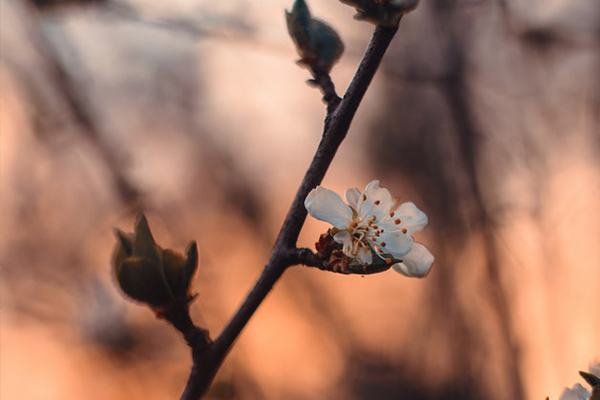In real life, we often try to escape from difficult and painful situations. The Buddha taught us to confront not escape from difficulties and suffering. The best way to train our mind is to attain realization of emptiness. Mind will become super strong once realization of emptiness is attained; it will not be moved by any external factors. Afterwards we should also consider this: Although I have made myself strong, so many others are still in the dark without knowledge or training. I want to help them. This is how we can actually practice, not just proclaim, the maxim of “deliver sentient beings from samsara.”
~ Depicted from "THE HANDBOOK FOR LIFE"S JOURNEY : On The Three Poisons - How to Handle Desire"











